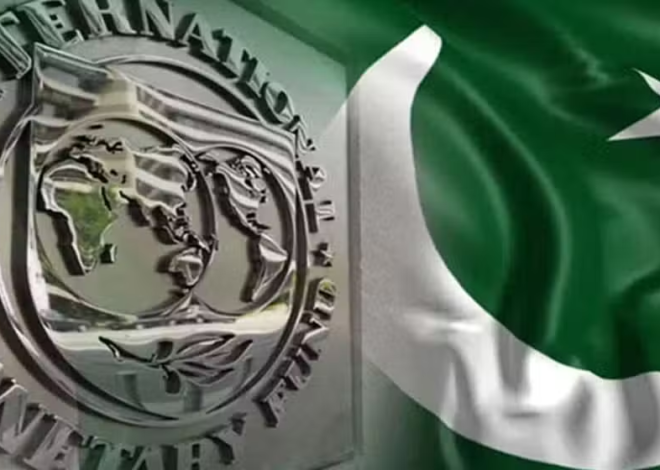
Tomato Prices Cross Rs.500 Per Kg in Pakistan as Inflation Drives Vegetable Costs to Record Highs
The price of tomatoes has surged past Rs.500 per kilogram in several parts of Pakistan, triggering concern among consumers already struggling with rising living costs. The sharp increase has made tomatoes more expensive than chicken in many markets, highlighting the widening impact of inflation on essential food items.
In Karachi, tomatoes are now selling between Rs.450 and Rs.550 per kilogram, while districts such as Badin, Jamshoro, Mirpur Khas, and Turbat are reporting prices at around Rs.450 per kilogram. In some localities, retailers are warning that prices could rise even further if supply constraints persist.
Traders say the shortage is primarily due to limited supplies arriving from Punjab and delays in Sindh’s new crop reaching wholesale markets. Nearly 90 percent of Karachi’s current tomato demand is reportedly being fulfilled through imports from Iran, while the suspension of supplies from Afghanistan has intensified the price surge.
It is not just tomatoes that have become unaffordable. Prices of onions, potatoes, green chilies, lady fingers, taro roots, ginger, and garlic have also jumped significantly over the past two weeks. Households already facing tight budgets are now finding it increasingly difficult to afford routine groceries.
The price escalation comes against the backdrop of rising inflation across the country. According to the Pakistan Bureau of Statistics (PBS), headline inflation rose by 2.6 percent in September 2025 — nearly double the rate recorded in August. Core inflation, measured by the Consumer Price Index (CPI), climbed to 5.6 percent compared to 3.0 percent in the previous month.
In urban areas, CPI inflation increased to 5.5 percent year-on-year, while rural inflation jumped to 5.8 percent. Food inflation alone grew by 4.4 percent, accompanied by a 6 percent rise in non-food household expenses.
The Ministry of Finance had earlier projected a 3.5 to 4.5 percent increase in September, but actual price hikes have surpassed the forecast. From July to September, inflation averaged 4.22 percent in the first quarter of the fiscal year — further shrinking the purchasing power of ordinary citizens.
With vegetable prices at historic highs and no immediate relief in sight, economists warn that consumers could face an extended period of elevated food inflation unless supply chains stabilize and seasonal harvests improve.







